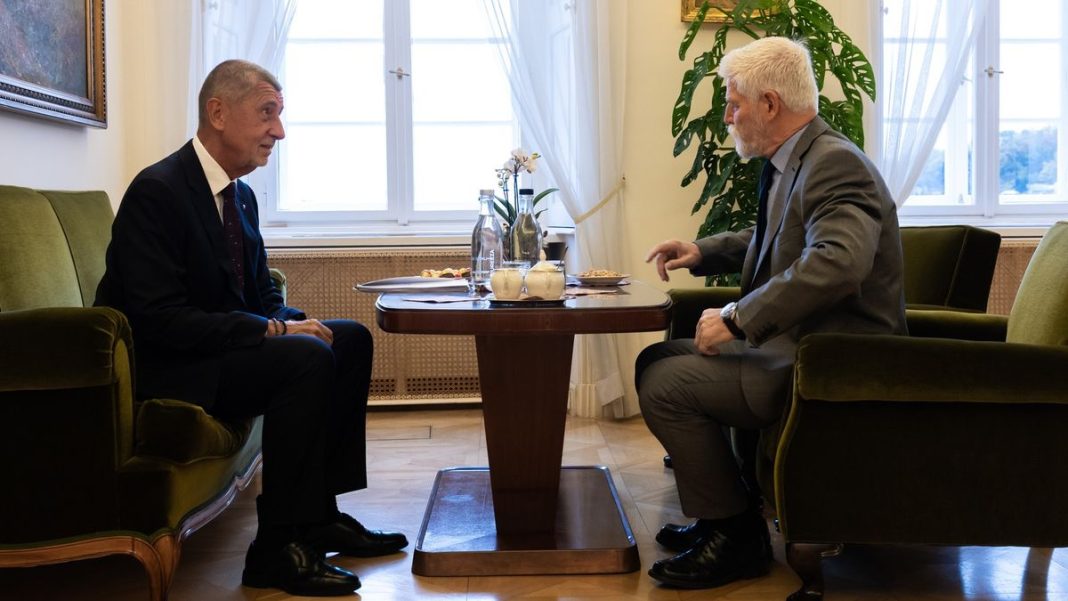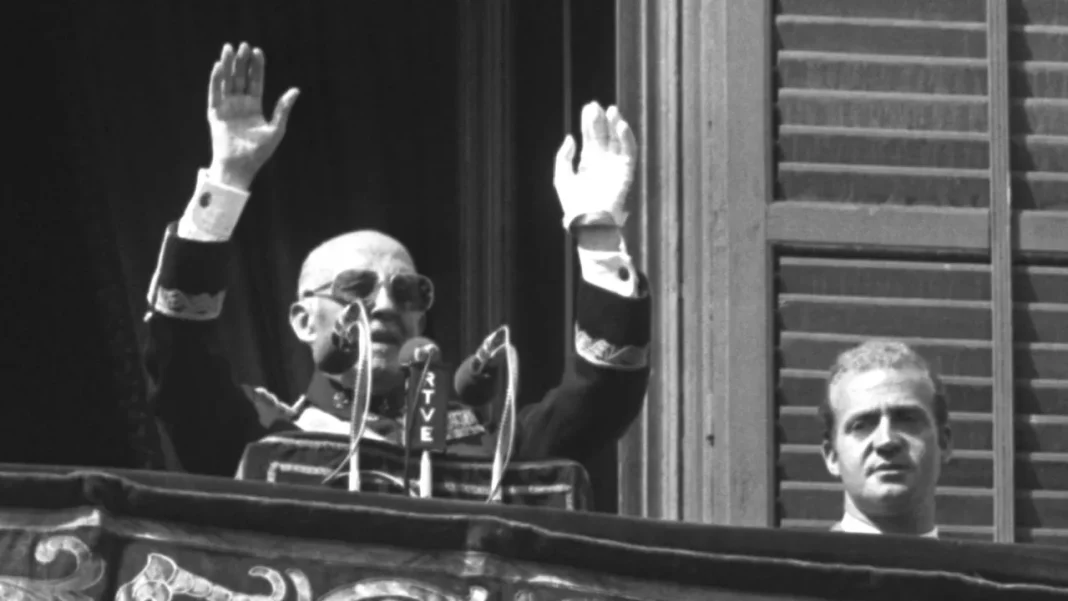The dynamic between Czech President Petr Pavel and businessman Andrej Babiš has sparked widespread debate in the political landscape of Prague. The relationship between these two prominent figures brings to light various potential conflicts of interest that could shape the future of the country’s leadership.
Petr Pavel: A Rising Political Figure

President Petr Pavel, a former army general, entered the political scene with impressive momentum, focusing on transparency and integrity. His leadership style has been characterized by a commitment to bridging divides and fostering unity across various demographics. Pavel’s administration aims to embody a pragmatic approach, seeking to address economic and social issues while strengthening international alliances.
Given his military background, Pavel brings a disciplined and strategic perspective to governance. His presidency has been marked by efforts to promote stability and resilience within the Czech Republic. However, navigating the intricate political landscape involves dealing with challenges, including potential conflicts stemming from overlaps with influential business figures like Andrej Babiš.
Andrej Babiš: A Powerful Business Influence

Andrej Babiš, a billionaire and former Prime Minister, remains a significant force in Czech politics. His conglomerate, Agrofert, spans various sectors, making him one of the most influential businessmen in the region. Despite his business success, Babiš has been the subject of scrutiny, with critics questioning the transparency and ethical implications of his dual roles in business and politics.
Babiš’s involvement in politics has often been polarizing. Supporters appreciate his business acumen and straightforward approach, while detractors express concerns about conflicts of interest and allegations of mismanagement. These controversies are particularly relevant when considering his interactions and potential conflicts with President Pavel.
Conflicts of Interest: Analyzing the Overlap

The intersection of interests between President Pavel and Andrej Babiš poses challenges in maintaining the integrity of Czech politics. Questions arise about whether Babiš’s business dealings could influence government policy and decision-making. Transparency is key, as citizens demand clarity on how political leaders manage such overlaps to prevent any undue influence.
Efforts to mitigate these conflicts involve more stringent regulations and clearer separation between business ownership and political roles. The Czech public remains watchful, emphasizing the importance of accountability and ethical governance for the nation’s stability and international reputation.
Impact on Czech Politics and Society

The interaction between President Pavel and Andrej Babiš serves as a critical focal point for political discourse in the Czech Republic. The situation highlights the ongoing struggle to balance economic interests with ethical leadership and the need for robust policymaking to safeguard democratic values.
Public opinion is divided, with some citizens advocating for comprehensive reform to prevent potential abuses of power, while others call for a more pragmatic approach to harness the strengths of influential figures. This debate is a testament to the vibrant and engaged nature of Czech society, determined to shape a future that takes lessons from its past.
In conclusion, the relationship between President Petr Pavel and Andrej Babiš illustrates the complex dynamics of modern governance in Czechia. Moving forward, the emphasis will likely be on striking a balance between economic growth and ethical integrity, ensuring that political decisions reflect the will and wellbeing of the people.
Source: Official Czech Presidency website.





